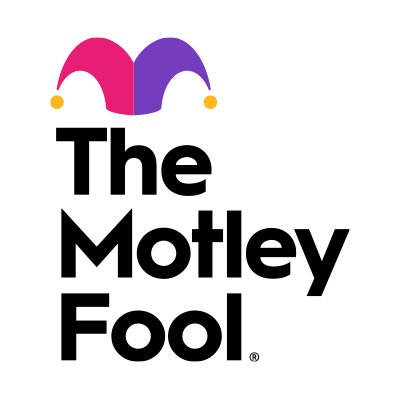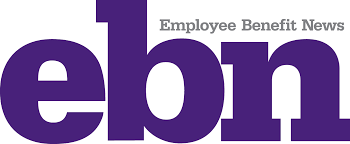Jack Henry Launches MyFinancial Health To Help Its Customers Thrive
How can consumers have more control over their entire financial lives? Jack Henry’s new MyFinancialHealth suite of tools makes that vision a reality for consumers of over 1,000 banks and credit unions.
If You See This on Your Bank Statement, It’s Time to Switch Accounts
If you've ever checked your bank statement and spotted an unexpected overdraft fee, you're not the only one. U.S. banks made a staggering $12.1 billion in overdraft fees in 2024, according to the Financial Health Network.
As regulation fades, a nonprofit pushes voluntary standards
New self-regulatory guidelines for credit cards and checking accounts are arriving at a time of deregulation in Washington, D.C.
The Frictionless Fiction: Why Banking CX Requires Intelligent Pauses
In the age of instant everything, smart friction is helping banks fight fraud, build trust and guide decision-making.
Behavioral science strategies for designing retirement plans
Retirement is top of mind for Americans — and for good reason. Among eight key financial concerns, U.S. adults consistently rank saving for retirement as their number one worry. Yet, despite this awareness, many employees fall short of their savings potential, hindered by complex decisions about how much to contribute or which investments to choose.
How to organize your financial life ahead of natural disasters
If you live in a part of the world prone to wildfires, floods, blizzards, tornadoes, or earthquakes, there are ways you can make sure you’re financially prepared for disaster, beyond insurance.
Behavioral Design Guide: A Financial Health Approach to Employer-Sponsored Retirement Savings Plans
Learn how to design employer-sponsored retirement savings plans that support worker financial health by improving participation, savings behavior, and savings balances.
FinHealth Spend Report 2024 Finds Spending on Interest and Fees Climbed 17% to Reach All-Time High of $415 Billion
New data from Financial Health Network shows credit balances, spending on interest and fees, and unmanageable debt all increased for Americans, with the financially vulnerable and people of color paying an outsized portion.
FinHealth Spend Report 2024
Amidst a year of high interest rates and decelerating inflation, spending on financial services tops $400 billion for the first time.








